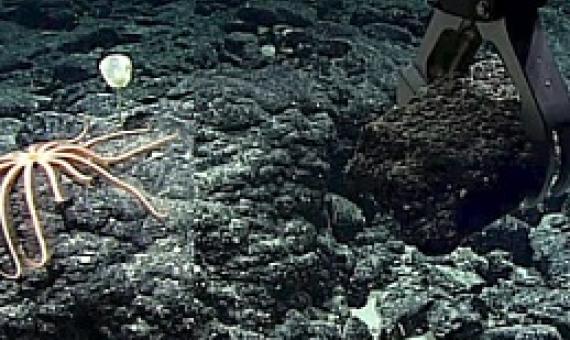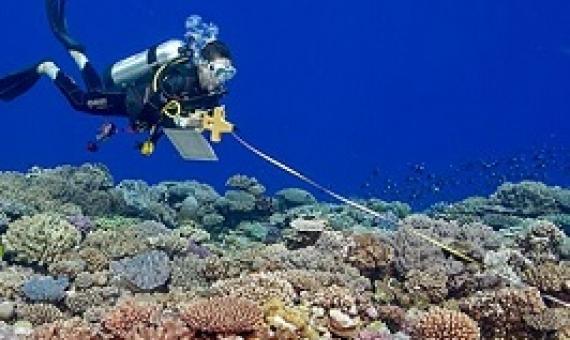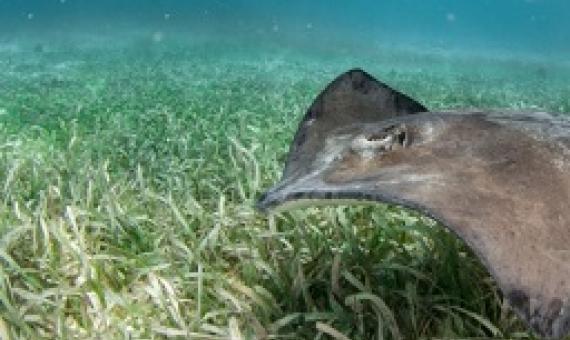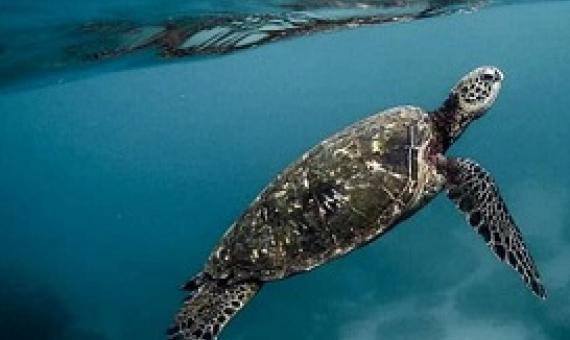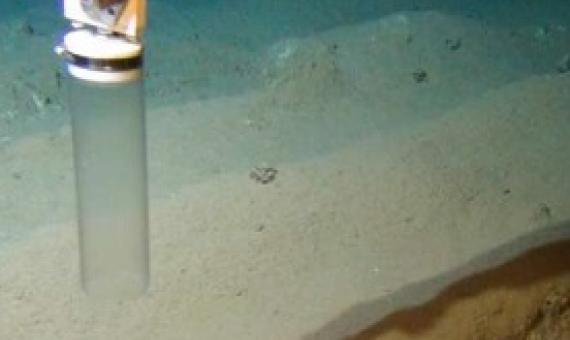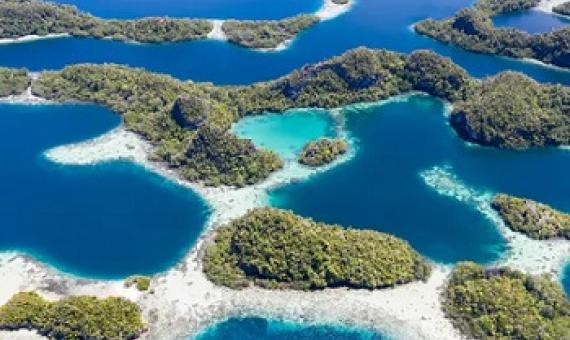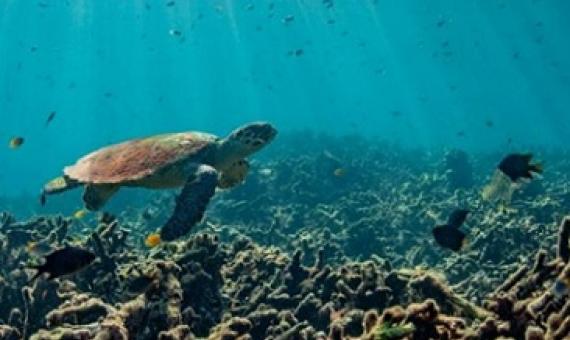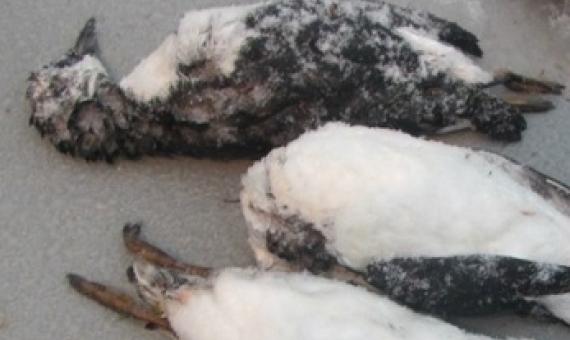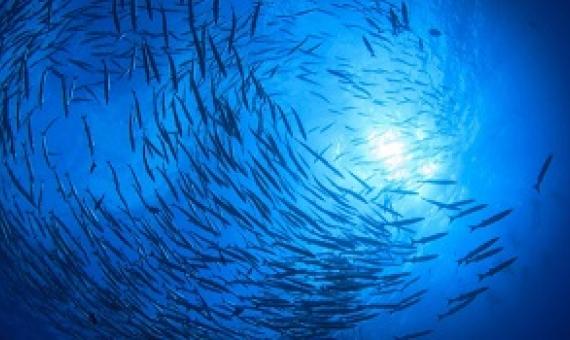The Cook Islands government will allow miners to prospect for minerals on its seabed, with an eye to commencing mining within five years.
The results have been confirmed by the special Management Area Report 2020 that was compiled by the Ministry of Fisheries in partnership with Australia's James Cook University.
In the coastal waters across much of our planet are meadows of seagrass that are critical to the health of our ocean. Seagrasses evolved millions of years ago when flowering plants on land took up residence in the sea.
Asia-Pacific region is one of the world’s most ethnically and culturally diverse regions. It is also one of its most biodiverse. Yet local marine ecosystems are nearing a tipping point as a result of various environmental stresses caused by unsustainable human practices.
The environmental impact of deep-sea mining is only partially known. Also, there is a lack of standards to regulate mining and set binding thresholds for the impact on the local organisms.
There’s no denying the grandeur and allure of a nature reserve or marine protected area. The concept is easy to understand: limit human activity there and marine ecosystems will thrive.
Scientific Consensus Statement 2013 - Chapter 2: Resilience of Great Barrier Reef marine Ecosystems and Drivers of Change
This chapter focuses on the temporal dynamics, spatial extent and cumulative impacts of current and future drivers of change on Great Barrier Reef water quality, and subsequent impacts on marine ecosystems in the Great Barrier Reef Marine Park. These include the acute influences of large flood events driven by extreme weather, salinity stress, tropical cyclones, thermal stress, crown-of-thorns starfish outbreaks and other anthropogenic drivers such as coastal development activities.
“Time is running out”, stressed Carolina Schmidt, Chile’s Environment and Climate Minister, in a video address before 2019’s Climate Conference COP25 last December. “There cannot be an effective global response to climate change without a global response on ocean issues,” she added.
On the heels of new research showing that the world's oceans are rapidly warming, scientists revealed Wednesday that a huge patch of hot water in the northeast Pacific Ocean dubbed "the blob" was to blame for killing about one million seabirds. The peer-reviewed study, pu
Researchers from the University of Portsmouth will be part of an international project to help protect vulnerable marine ecosystems from climate change and human induced impacts, such as habitat destruction and pollution.

